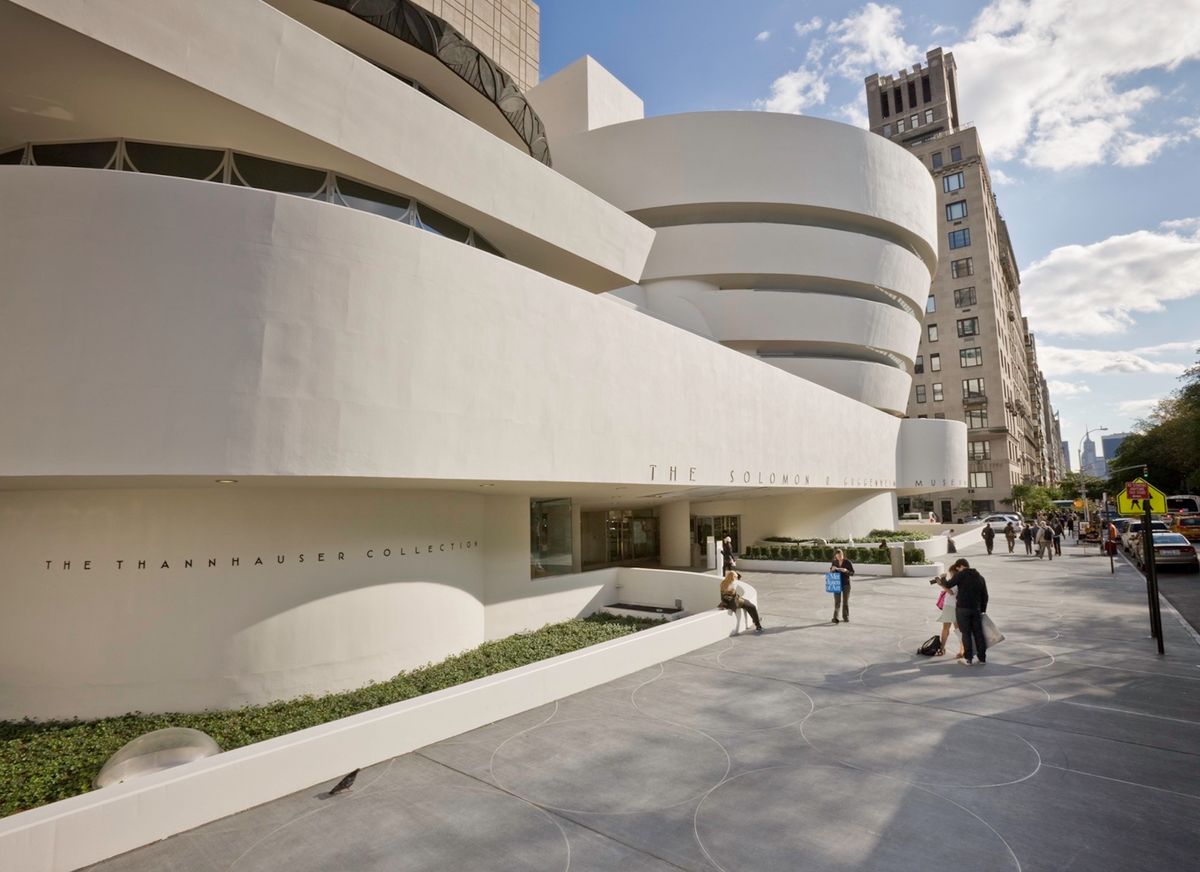The Solomon R. Guggenheim Foundation and fashion house Hugo Boss have put an end to the biannual Hugo Boss Prize, an award given out to a leading contemporary artist every other year since 1996 that comes with $100,000 in cash and a solo exhibition at the Guggenheim Museum in New York. Artnews was the first to report the prize’s discontinuation.
“The world was nowhere near as enamoured of art, as it is now, before the advent of the Hugo Boss Prize,” the Guggenheim’s deputy director and chief curator Naomi Beckwith said in a statement. “It allowed the Solomon R. Guggenheim Museum to bring contemporary art to a broader audience and, as such, make art a bigger part of a global cultural and social conversation that you see in fashion, music, cinema and social media now. We’re in an entirely different landscape now.”
The final recipient of the prize, photographer Deana Lawson, won it in 2020 and staged her resulting solo exhibition at the museum in 2021. Previous winners of the prize include Simone Leigh (in 2018), Anicka Yi (in 2016), Paul Chan (in 2014), Danh Võ (in 2012) and, in 2010, Hans-Peter Feldmann—who famously papered the walls of a gallery at the Guggenheim with 100,000 one dollar bills “because for a person of my generation $100,000 is a lot of money and for an artist it’s even incredible,” he said at the time. The prize’s inaugural recipient in 1996 was Matthew Barney.
Unlike other contemporary art awards, the Hugo Boss Prize came with no restrictions regarding the artist’s age, nationality or medium of choice. And, at $100,000, it was one of the most lucrative in contemporary art—the more closely-watched Turner Prize, for instance, which is restricted to British artists or artists based in Britain (and, until recently, only those under age 50), awards £25,000 to the winner and £5,000 to each of the other shortlisted artists.
The Guggenheim currently has no plans to create a new contemporary art prize. “The Hugo Boss Prize was unique and we would never look to replicate it,” deputy director and chief advancement officer Leah Heister Burton said in a statement.


